
Axolotl My Time Has Come To Burn I Invoke The Ancient Power That I May Return, A-X-O-L-O-T-L my time has come to burn i invoke the ancient power that i may return, 1.08 MB, 00:47, 441,539, Jesus the Gamer1000, 2021-04-10T00:01:36.000000Z, 19, MY TIME HAS COME TO BURN by 20percentcooldash on DeviantArt, 20percentcooldash.deviantart.com, 862 x 927, png, burn come deviantart, 20, axolotl-my-time-has-come-to-burn-i-invoke-the-ancient-power-that-i-may-return, KAMPION
When to bleed your brakes. First, you’re not really bleeding brakes — you’re bleeding fluid and air out of the braking system, getting rid of air bubbles that might have formed before adding fresh brake fluid. Here’s when you should bleed your brakes: When your brakes start to feel spongy.
It really depends on how the brake pads were changed; If the brake lines were opened completely during the change, then it’s important to bleed out the brakes after the change, but if not, bleeding the brakes is optional. Because the braking system in every vehicle is one of the most important systems, it is advisable to request professional. So they open the bleeder valve on the brakes and then squeeze the caliper back in when they change the brake pads. In that case, yes, they would need to bleed the brakes. But on a lot of cars like toyotas and hondas, you can just squeeze the caliper back in using a big wrench or clamps to squeeze them in. If you don’t open the system, you don. Which is why you should always bleed the brakes after changing brake pads. If you want to attach and adjust new wire pads, the calipers have to be compressed to make room for the new ones.
Do I Need To Bleed My Brakes After Changing Pads And Rotors

Do I Need To Bleed My Brakes After Changing Pads And Rotors
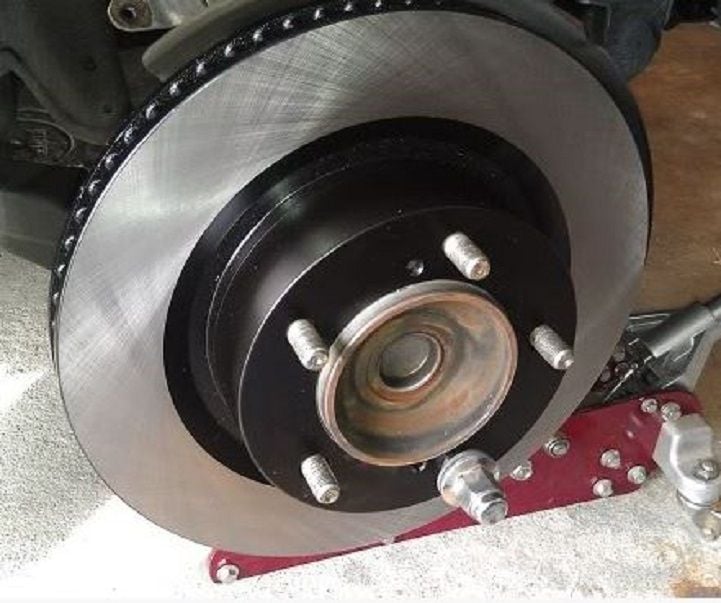
Do I Need To Bleed My Brakes After Changing Pads And Rotors

Do I Need To Bleed My Brakes After Changing Pads And Rotors
Do I Need To Bleed My Brakes After Changing Pads And Rotors
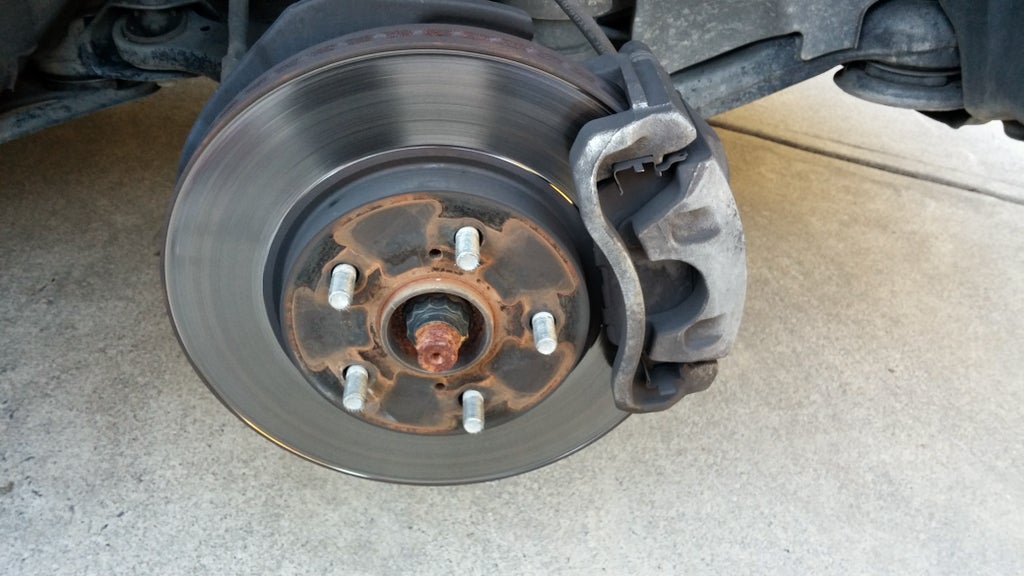
Do I need to bleed the ABS module? - DodgeForum.com

How to Bleed Brakes Littleton CO | Genesis of Littleton
Soft Brake Pedal after changing pads! - CorvetteForum - Chevrolet
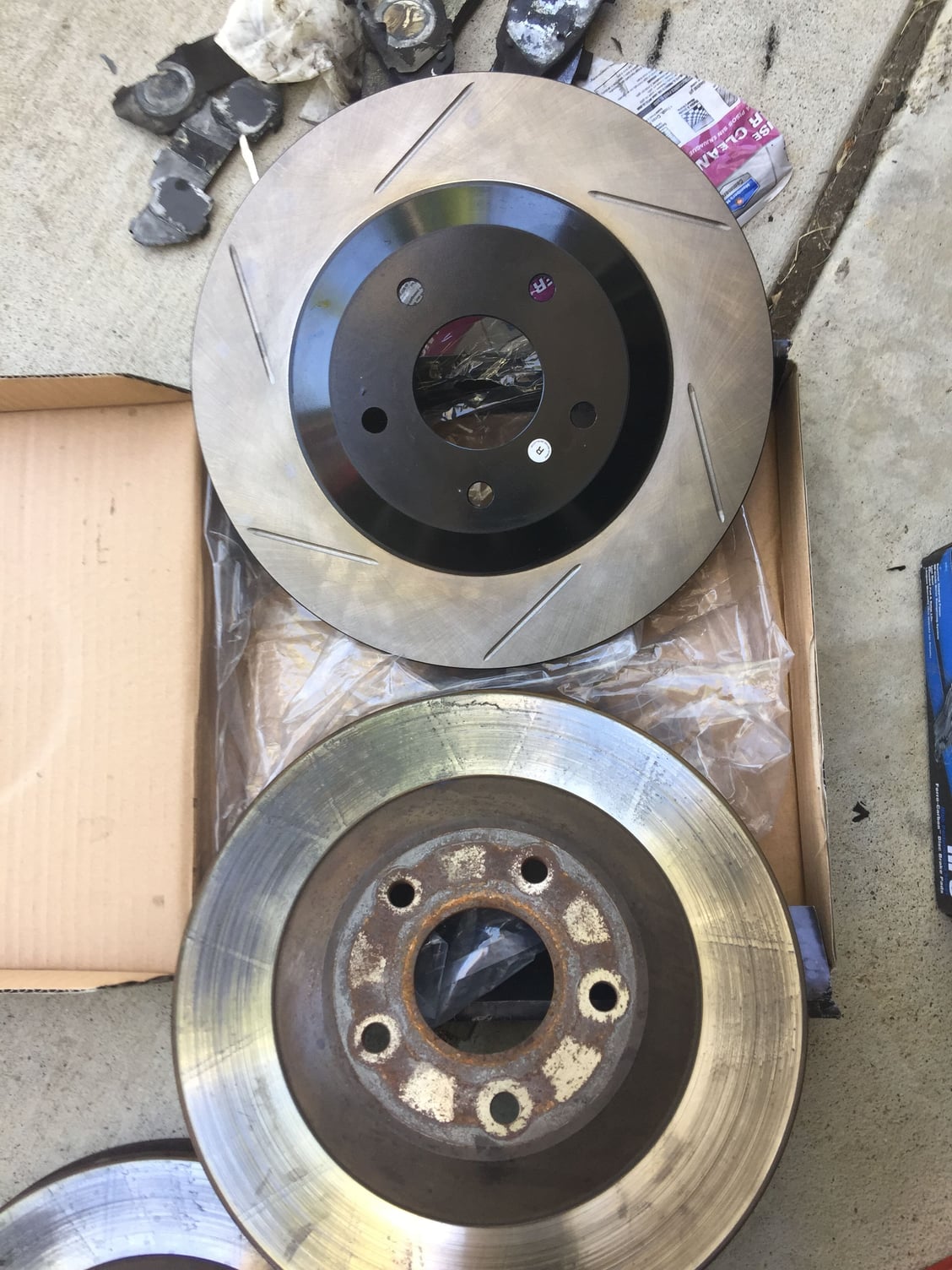
Do I need to bleed the ABS module? - DodgeForum.com
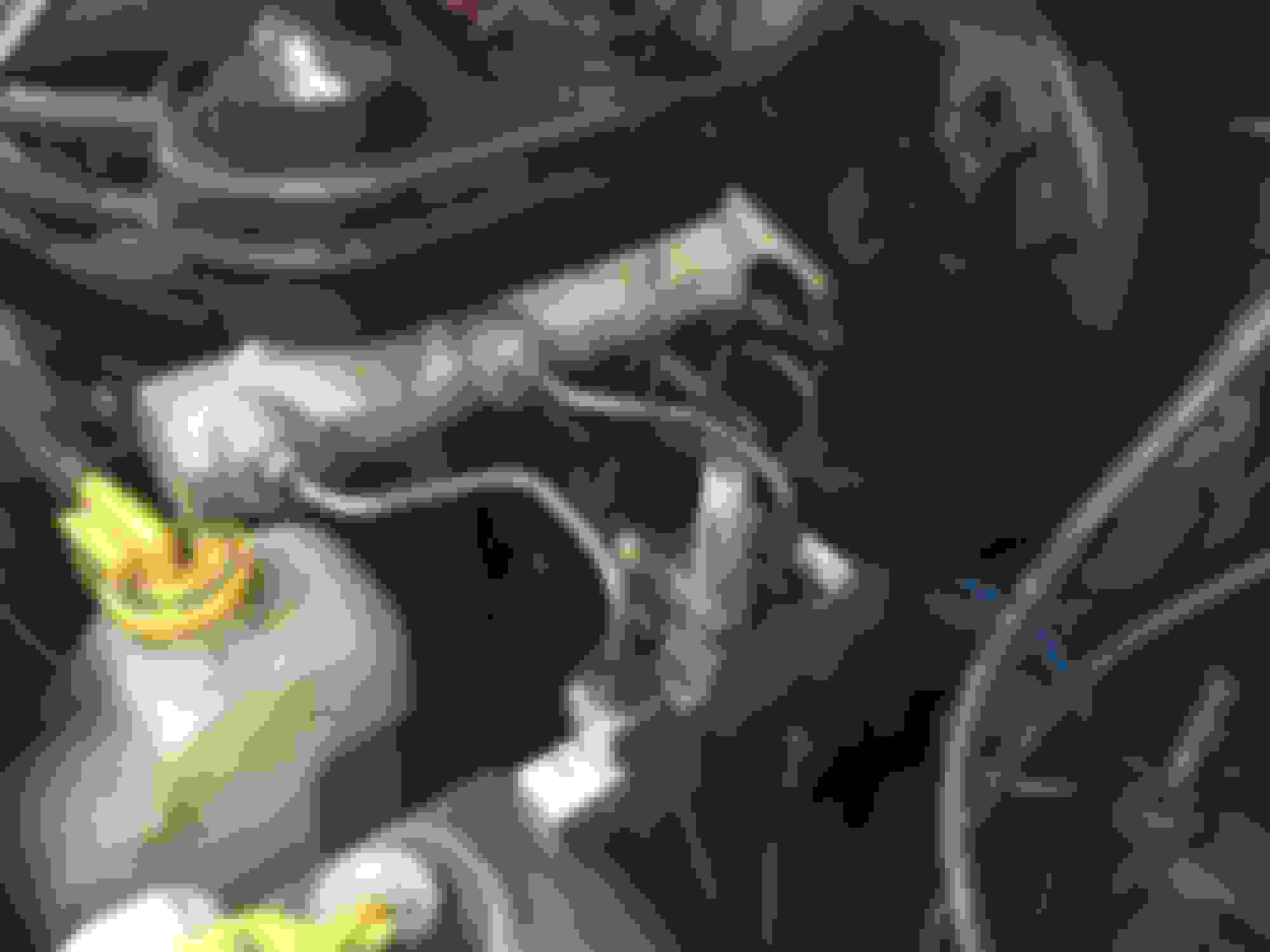
Inner pad worn more than outer - Page 2 - Ford F150 Forum - Community
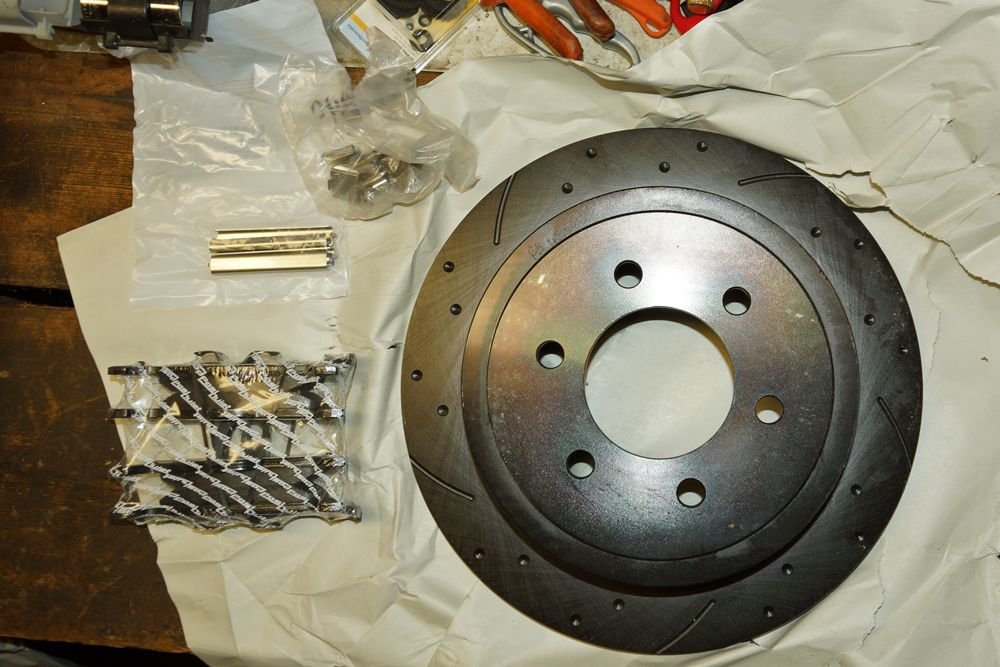

EmoticonEmoticon